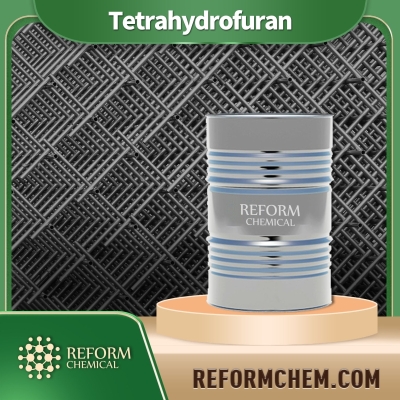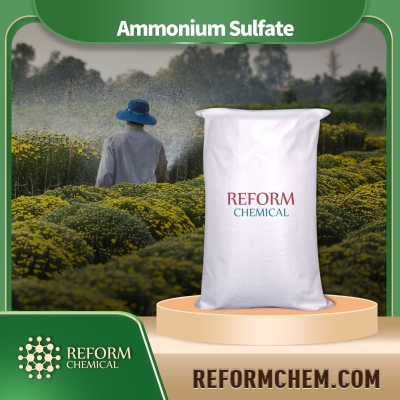-
Categories
-
Pharmaceutical Intermediates
-
Active Pharmaceutical Ingredients
-
Food Additives
- Industrial Coatings
- Agrochemicals
- Dyes and Pigments
- Surfactant
- Flavors and Fragrances
- Chemical Reagents
- Catalyst and Auxiliary
- Natural Products
- Inorganic Chemistry
-
Organic Chemistry
-
Biochemical Engineering
- Analytical Chemistry
-
Cosmetic Ingredient
- Water Treatment Chemical
-
Pharmaceutical Intermediates
Promotion
ECHEMI Mall
Wholesale
Weekly Price
Exhibition
News
-
Trade Service
Hand in hand with Dow to explore pesticide application technology.
In addition to the technical level of the product, the application technology supporting the low-altitude, low-volume and high-efficiency application of plant protection drones is also a shortcoming in the current market.
Users do not have a set of scientific and complete discrimination standards to determine Application parameters such as droplet size, droplet deposition distribution density and pesticide concentration required in the spraying process
.
Are there any special anti-flight agents? Which dosage forms are suitable for use? Can it be used to spray herbicides? This is a common question in the field of fly prevention and plant protection
.
“Plant protection drones need professional agents and nozzles.
There are more powders and emulsions in the medicaments, which will cause greater damage to the drone.
The nozzles are prone to clogging.
If the concentration is low, frequent take-offs and landings are required, which directly affects Working efficiency, I hope to develop more water-based agents that are more suitable for drone operations
.
" Chen Nianjun from Xinyi Plant Protection (Shanghai) Agricultural Technology Co.
, Ltd.
told reporters
.
In March of this year, the State Council promulgated the new "Regulations on Pesticide Management", which stipulated some regulations on the use of pesticides for fly prevention and plant protection.
For example, in the future, a pesticide business license system will be implemented and a fixed-point management system will be implemented to restrict the use of pesticides
.
Pesticide operators need to correctly explain the scope of use, methods and dosages of pesticides, technical requirements and precautions to the purchasers
.
At the same time, the use of pesticides by the flying defense team shall be recorded, and the pesticides shall be used in strict accordance with the use range, use method and dosage, and technical requirements of the label, and prohibited pesticides shall not be used
.
For agrochemical companies, the plant protection drone aviation special pharmaceutical market is also a blank spot
.
Companies including Dow, DuPont, and BASF have already started their deployment in the field of flight defense
.
"The flight defense of drones will be a new direction of agricultural equipment.
In light of the application environment and needs of Chinese farmers, how to make some comprehensive assessments on the characteristics of drones, including speed, wind direction and nozzles, and apply them in practical applications.
To explore the possibility of secondary innovation in drug formulations
.
" Zhu Yue, general manager of Dow AgroSciences Greater China, told CBN
.
Dow AgroSciences has cooperated with DJI Agriculture in pesticide testing, product application, technology promotion, etc.
, and plans to carry out application experiments in Heilongjiang, Jiangsu, Zhejiang, Anhui, Jiangxi and other major agricultural provinces to test drone spraying Dow The actual effects of agronomic herbicides, insecticides, and fungicides, as well as the optimal spraying mode, formulation, and corresponding dosage.
The experiment will start with rice and expand to other crops
.
Agriculture, surveying and mapping, security, and electricity are the four directions of DJI's innovation in the industry application, and agriculture is the top priority of DJI's industry application exploration, whether the investment in the entire industry chain can bring a market position equivalent to the consumer market And revenue, it has exemplary significance for DJI
.
In addition to the technical level of the product, the application technology supporting the low-altitude, low-volume and high-efficiency application of plant protection drones is also a shortcoming in the current market.
Users do not have a set of scientific and complete discrimination standards to determine Application parameters such as droplet size, droplet deposition distribution density and pesticide concentration required in the spraying process
.
Are there any special anti-flight agents? Which dosage forms are suitable for use? Can it be used to spray herbicides? This is a common question in the field of fly prevention and plant protection
.
“Plant protection drones need professional agents and nozzles.
There are more powders and emulsions in the medicaments, which will cause greater damage to the drone.
The nozzles are prone to clogging.
If the concentration is low, frequent take-offs and landings are required, which directly affects Working efficiency, I hope to develop more water-based agents that are more suitable for drone operations
.
" Chen Nianjun from Xinyi Plant Protection (Shanghai) Agricultural Technology Co.
, Ltd.
told reporters
.
In March of this year, the State Council promulgated the new "Regulations on Pesticide Management", which stipulated some regulations on the use of pesticides for fly prevention and plant protection.
For example, in the future, a pesticide business license system will be implemented and a fixed-point management system will be implemented to restrict the use of pesticides
.
Pesticide operators need to correctly explain the scope of use, methods and dosages of pesticides, technical requirements and precautions to the purchasers
.
At the same time, the use of pesticides by the flying defense team shall be recorded, and the pesticides shall be used in strict accordance with the use range, use method and dosage, and technical requirements of the label, and prohibited pesticides shall not be used
.
For agrochemical companies, the plant protection drone aviation special pharmaceutical market is also a blank spot
.
Companies including Dow, DuPont, and BASF have already started their deployment in the field of flight defense
.
"The flight defense of drones will be a new direction of agricultural equipment.
In light of the application environment and needs of Chinese farmers, how to make some comprehensive assessments on the characteristics of drones, including speed, wind direction and nozzles, and apply them in practical applications.
To explore the possibility of secondary innovation in drug formulations
.
" Zhu Yue, general manager of Dow AgroSciences Greater China, told CBN
.
Dow AgroSciences has cooperated with DJI Agriculture in pesticide testing, product application, technology promotion, etc.
, and plans to carry out application experiments in Heilongjiang, Jiangsu, Zhejiang, Anhui, Jiangxi and other major agricultural provinces to test drone spraying Dow The actual effects of agronomic herbicides, insecticides, and fungicides, as well as the optimal spraying mode, formulation, and corresponding dosage.
The experiment will start with rice and expand to other crops
.
Agriculture, surveying and mapping, security, and electricity are the four directions of DJI's innovation in the industry application, and agriculture is the top priority of DJI's industry application exploration, whether the investment in the entire industry chain can bring a market position equivalent to the consumer market And revenue, it has exemplary significance for DJI
.






